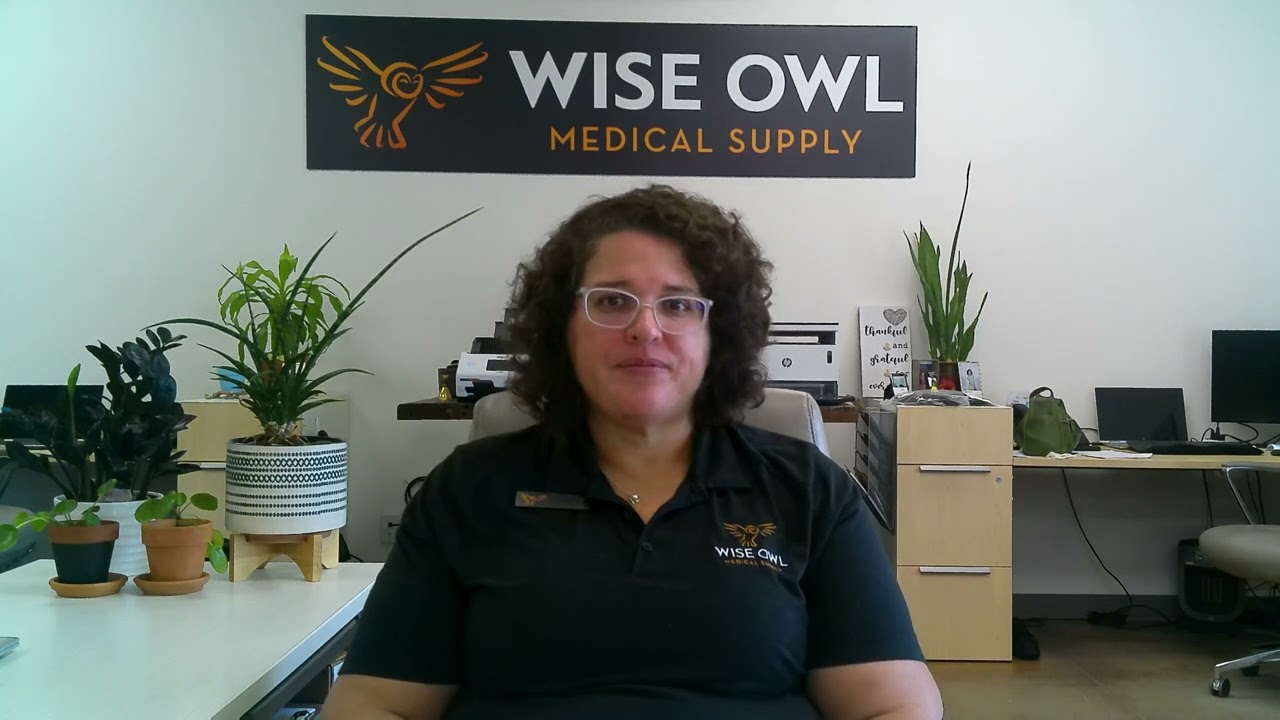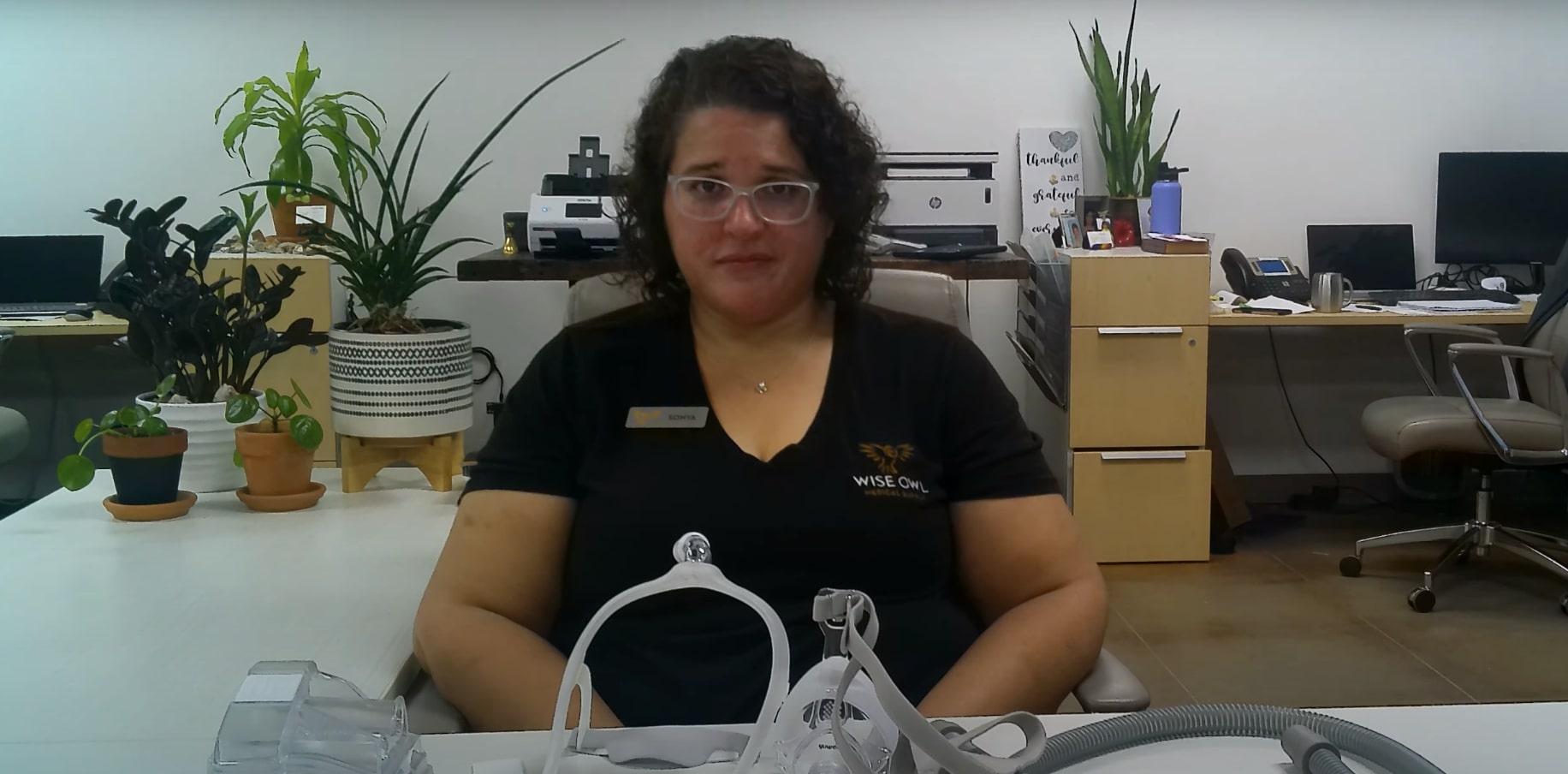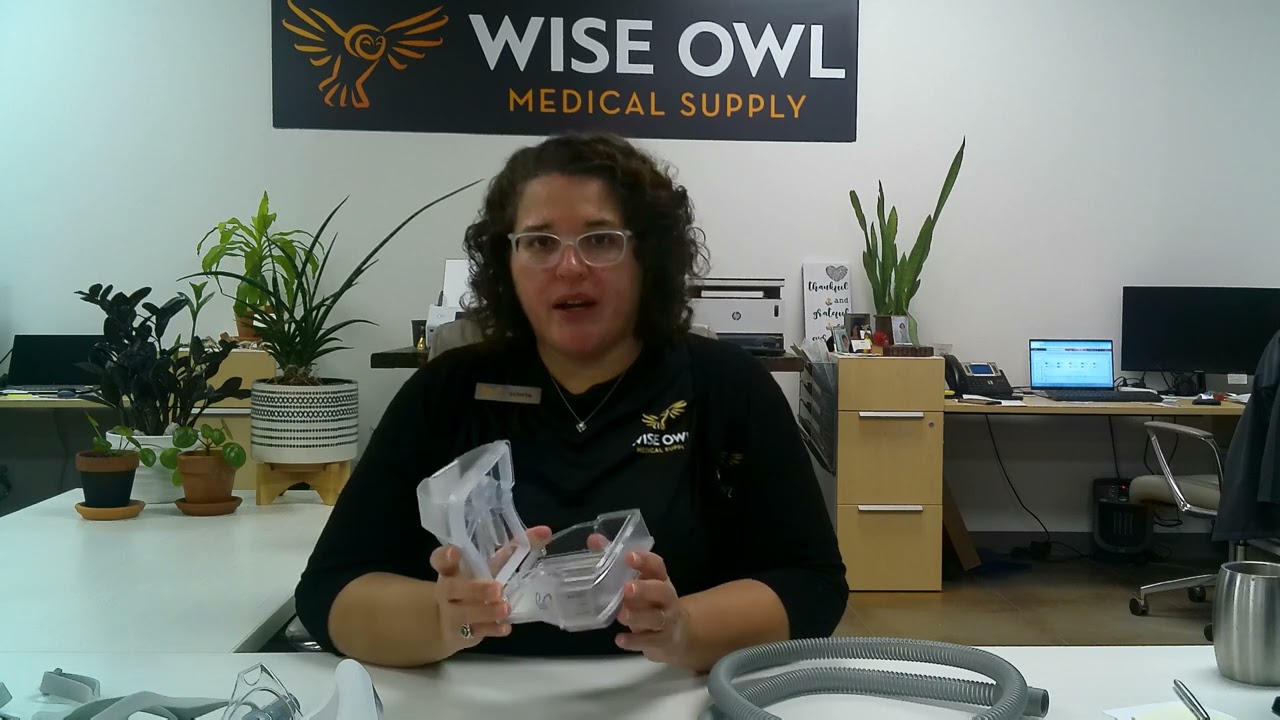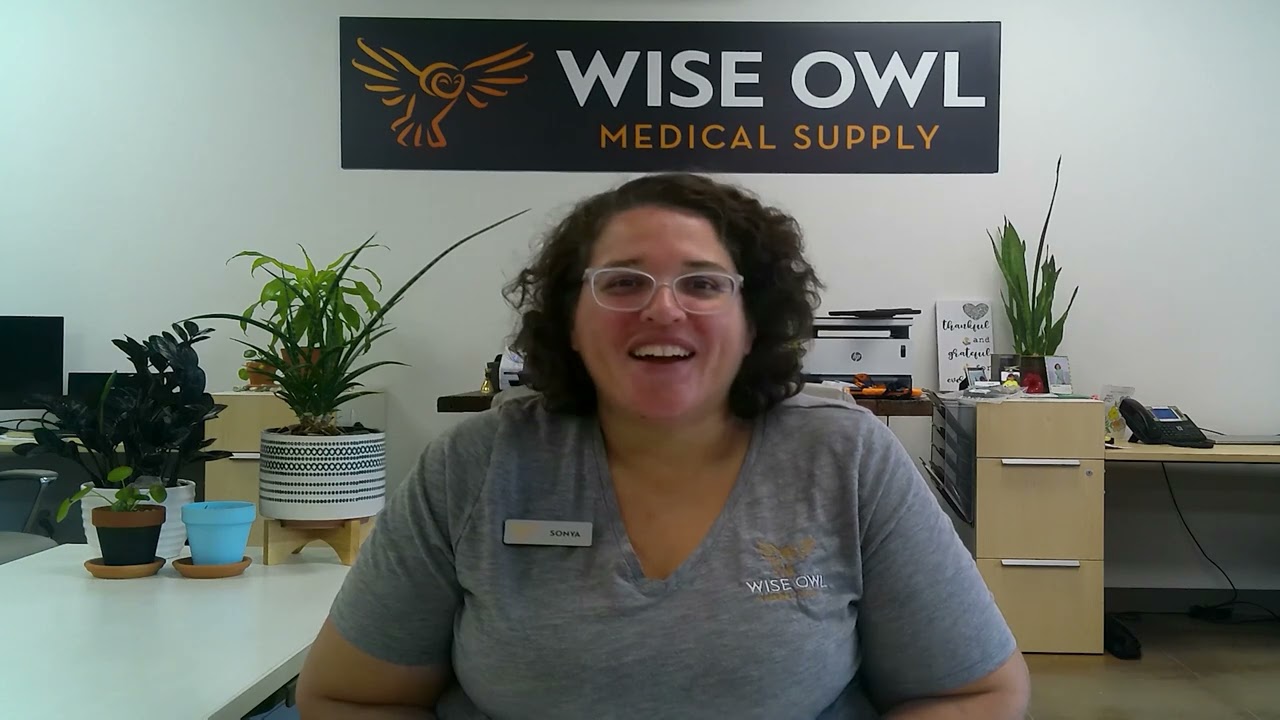Untreated sleep apnea has serious consequences. In this video, we discuss some of the most troubling. Most people have heard something about sleep apnea. They know, for example, that sleep apnea is a condition where your breathing stops and starts, repeatedly, while you sleep. It comes in several varieties, of which the most common is Obstructive Sleep Apnea (OSA). They may know that OSA occurs when your throat muscles relax, creating a blockage in your airway that your brain wakes you up just enough to help you clear, so that you start breathing again, but your sleep is interrupted again and again. Maybe they know that sleep apnea is a common ailment, with close to a quarter of the planet estimated to suffer from it.
What do you know about what happens when you don’t treat sleep apnea? Did you know, for instance, that untreated sleep apnea can lead to getting a bad night’s sleep every night. Sleeping through the night is usually part of getting a good night of sleep; sleep apnea means you don’t sleep through the night, period. It’s hard to get a good night of sleep when you don’t actually get a night of sleep.
Consequences of Sleep Apnea
That’s not all, though.
DEATH – Untreated sleep apnea can lead to death. One study found that people with insufficiently treated sleep apnea were anywhere from two to five times as likely to die as people in otherwise similar circumstances.
DISEASE – Untreated sleep apnea can lead to cardiopulmonary diseases. Research points to untreated sleep apnea making it more likely that people will develop asthma, atrial fibrillation (irregular heartbeat), atherosclerosis (hardening of the arteries), and high blood pressure. Jonathan Jun of Johns Hopkins notes that untreated sleep apnea contributes to strokes and heart attacks, too.
ADDITIONAL DISEASES – Untreated sleep apnea can lead to other diseases. Other research indicates that untreated sleep apnea factors into eye conditions like glaucoma and keratoconus. Untreated sleep apnea also connects with diabetes and liver dysfunction, as well as several kinds of cancers. A study by Cass Edwards and colleagues links untreated sleep apnea to depression, and, per research by Andreia Andrade and colleagues, sleep apnea is a contributing factor to Alzheimer’s disease. If you’re not sleeping well, you’re not healing well in body or mind.
PREGNANCY ISSUES – Untreated sleep apnea can lead to complications in pregnancy. It makes it more likely that you’ll have to deliver by C-section, and it increases the risk of high blood pressure. It also makes gestational diabetes, low birth weight, and pre-term delivery more likely. Treatment doesn’t only help an expecting mother; it also helps the child she carries. Isn’t a child worth it?
Lifestyle Issues
FAILURE IN RELATIONSHIPS – Untreated sleep apnea can lead to worsening relationships. If you’re not sleeping well, then you’re not going to be at your best. You’ll find it hard to pay attention, and you’ll be more irritable. Neither of these make for harmony at home. Too, if you’re one of the many people who snore because of their sleep apnea, then whoever you share a bed with is probably not going to be getting good sleep, either. Moreover, sleep apnea is strongly associated with sexual dysfunction in both men and women. Not treating it makes the bedroom an unhappy place.
UNEMPLOYMENT – Untreated sleep apnea can lead to a loss of employment. For example, commercial drivers may be disqualified from work if they are diagnosed with sleep apnea and do not treat it: per federal regulations, “a person with a medical history or clinical diagnosis of any condition likely to interfere with their ability to drive safely cannot be medically qualified to operate a commercial motor vehicle.” Sleep apnea directly interferes with sleep, so it inhibits judgment and reaction times, both of which are necessary to safe driving. The good news here is that showing treatment results can help drivers pass their medical exams and keep on truckin’.
What Happens Next
I bet you’re a bit like me and, after reading all of that, feel some concern about whether or not you have sleep apnea. Don’t worry, help is available.
The first step is to determine if you are at risk of sleep apnea. Take 30 seconds to fill out and submit the form below, and one of our staff will send you a FREE survey that many doctors use to help determine if you are at risk of Obstructive Sleep Apnea. Additionally, we will include action steps of exactly what to do next if you are a candidate for sleep therapy. Lastly, we will include some tips and tricks that you can use immediately to help reduce the effects of sleep apnea.
But the first step is to determine if you are at risk of sleep apnea. Let us send you a survey that sleep medicine doctors and pulmonologists use all the time to help determine if pursuing sleep therapy is right for you.
Remember, if you are not sleeping well then you are not healing well.
If you want something different, then you have to do something different. Something wiser.
Let us show you how We Help Harder at Wise Owl.













